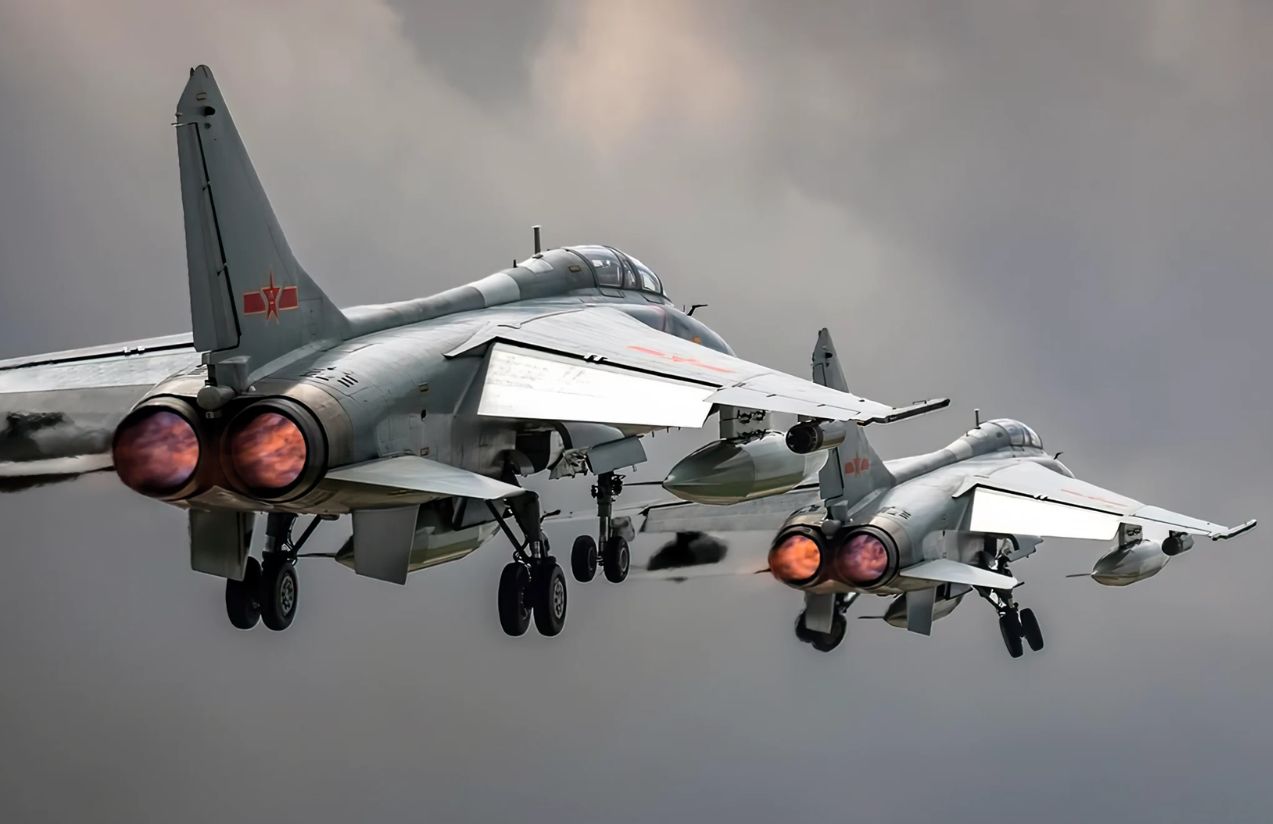Japan has lodged a strong protest with China after accusing Chinese fighter jets of repeatedly flying dangerously close to Japanese intelligence aircraft—a practice Tokyo warns could lead to a mid-air collision.
According to Japan’s Ministry of Defense, a Chinese JH-7 fighter-bomber came within just 30 meters (98 feet) of a YS-11EB electronic intelligence aircraft from Japan’s Air Self-Defense Force last Wednesday and Thursday. The encounter occurred over the East China Sea, outside Japanese airspace, and did not result in any damage.
Beijing has yet to comment on the latest incident. However, in past situations, Chinese authorities have accused Japan of flying too close to their aircraft and spying on what they consider routine military operations, demanding that such activities cease.
Tokyo has expressed growing alarm over China’s accelerating military buildup, particularly near southwestern Japan.
In a statement released Thursday night, Japan’s Foreign Ministry said Vice Minister Takehiro Funakoshi conveyed “serious concern” to Chinese Ambassador Wu Jianghao and firmly requested that Beijing halt activities that could lead to “accidental collisions.” Japan also strongly urged China to ensure that similar incidents do not happen again.
This latest aerial confrontation comes just weeks after another tense episode, when Japan reported that a Chinese fighter jet flew dangerously close to a Japanese Navy P-3C surveillance plane over the Pacific Ocean. At the time, two Chinese aircraft carriers were spotted operating together for the first time.
Despite the ongoing military tensions, economic ties between the two nations appear to be improving. On Friday, Japan announced the launch of a bilateral animal health and quarantine agreement with China, paving the way for the resumption of Japanese beef exports. These had been banned since 2001 following an outbreak of mad cow disease in Japan.
This development comes less than two weeks after China partially lifted a 22-month ban on Japanese seafood imports. The ban had been imposed in 2023 following the release of treated radioactive wastewater from the tsunami-damaged Fukushima nuclear plant. Since then, China has approved the re-registration of three Japanese seafood exporters, signaling a cautious reopening of trade channels amid ongoing geopolitical strains.




















